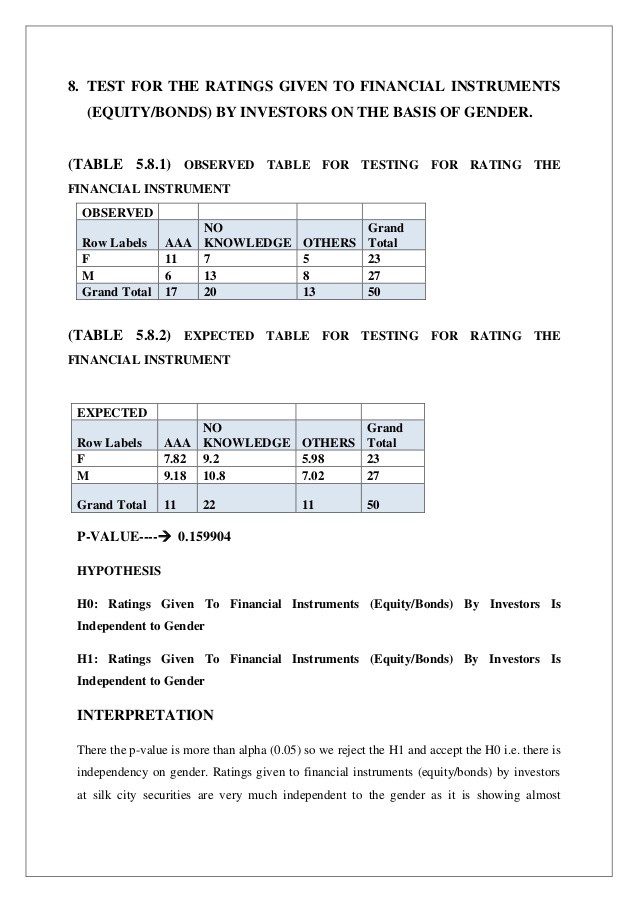Exploring Bond Mutual Fund Risk and Liquidity Financial Web
Post on: 16 Май, 2015 No Comment

Investing in a bond mutual fund can provide you with a number of benefits as an investor. If you are planning on getting involved in this type of investment, you need to understand some of the risks involved and the level of liquidity that is associated with bond mutual funds. Here are a few things to consider about bond mutual fund risk and liquidity.
Bond Mutual Funds
A bond mutual fund is a type of fund that purchases bonds as the underlying security in the fund. Investors are going to pool their money together in order to provide the fund manager with a way to purchase bonds. The fund is going to be made up of thousands of different bonds. The shareholders in the fund are going to receive regular interest payments from all of the bonds that are in the fund.
Risk
Even though this is considered a safe form of investment, there are some risks associated with it. First of all, you will have to be aware of interest rate risk. When market interest rates increase, the value of bond funds is going to decrease. Therefore, you have to be aware of market interest rates when you are considering selling your shares of the fund. Another risk is that the bonds are not going to be able to keep up with inflation. For example, if bonds are going to pay 4 percent, and inflation is 3 percent, you made only a 1 percent return on the year. With bonds, you have to be able to make a return that is better than the rate of inflation, or it is pointless to invest.
Even though bond funds carry with them some risks, they are going to be safer than individual bonds. Since you are investing in a fund with several different bonds, you have a part of a diversified portfolio. This means that all of the bonds are going to be affected differently by interest rates and you have professional management to help you with the individual investment decisions.
Liquidity
Something else that you need to consider when investing in bond mutual funds is the level of liquidity associated with them. While they are not as liquid as stocks or ETFs, they are considered fairly liquid. You should never have trouble buying or selling shares of your bond mutual fund. When you want to buy shares, you will put in an order with your broker, and it will go through at the end of the trading day. If you try to sell, it will also go through at the end of the trading day.
Even though you may have to wait until the end of the trading day, this is still a lot better than when you invest in individual bonds. Sometimes, it can be very difficult to buy or sell individual bonds. You might have to pay a premium above the face value to get one or take a discount to sell it.
$7 Online Trading. Fast executions. Only at Scottrade














